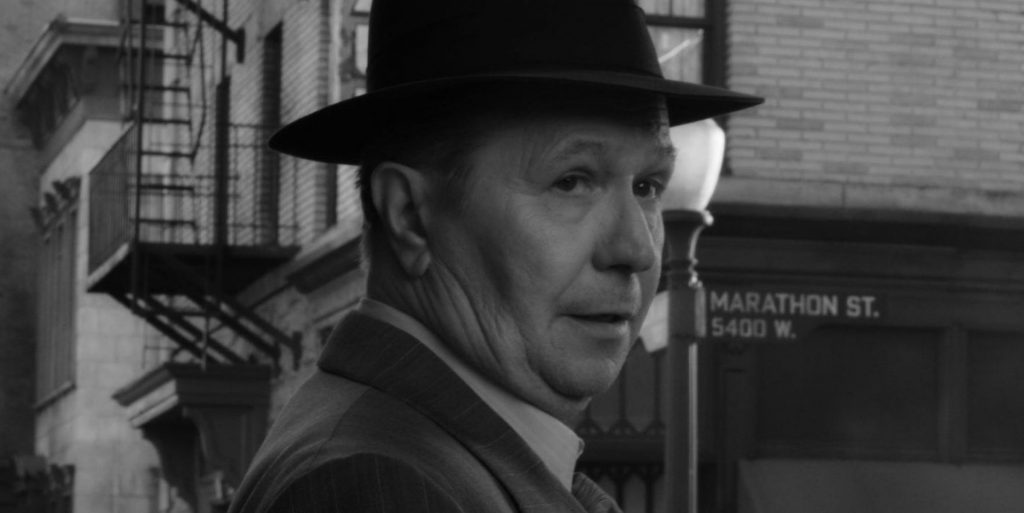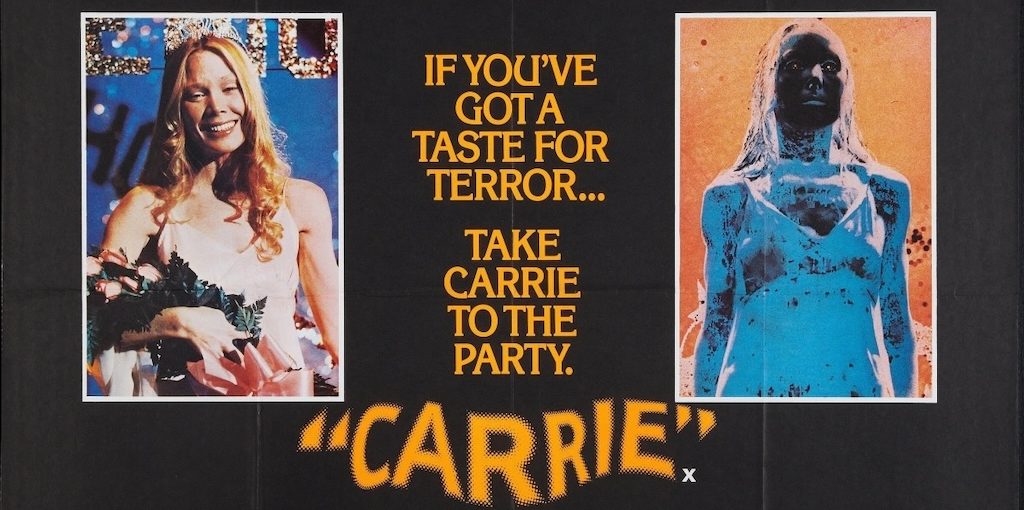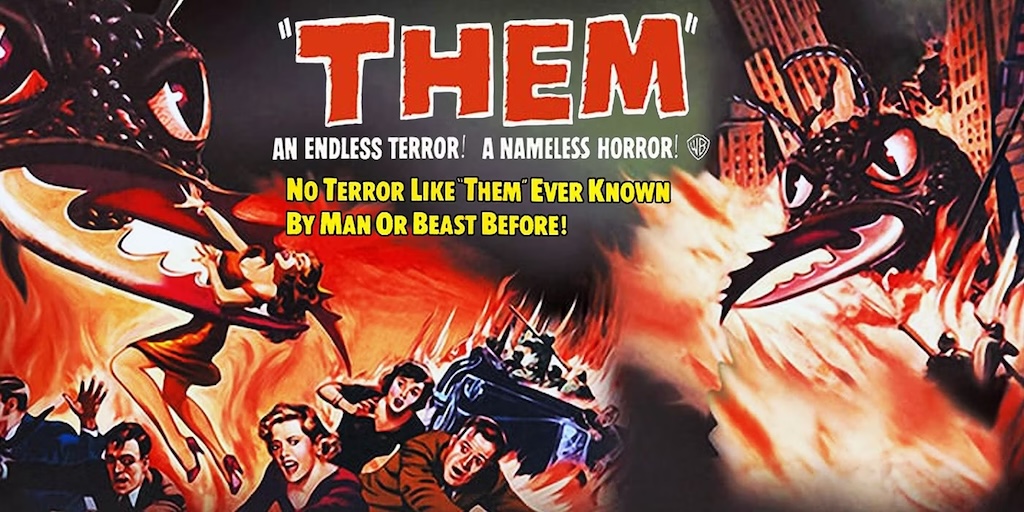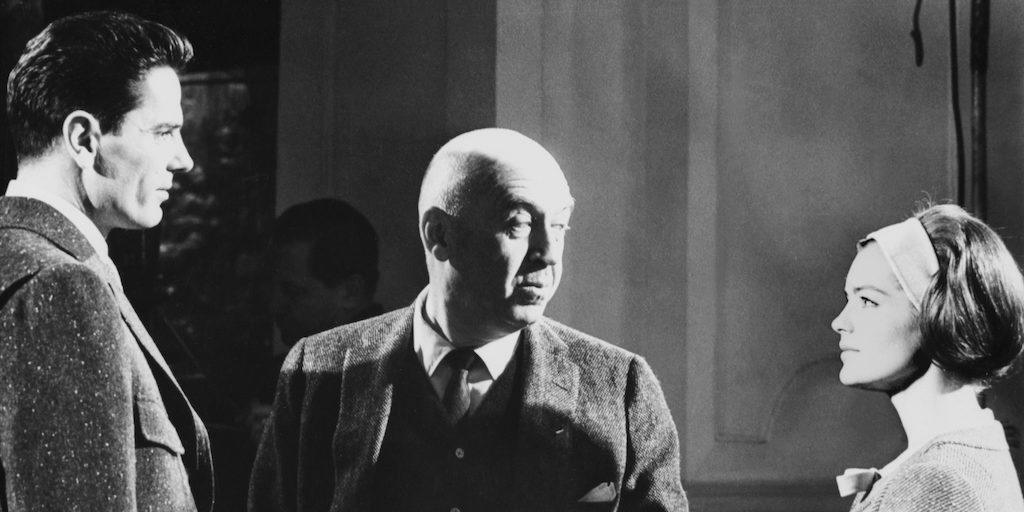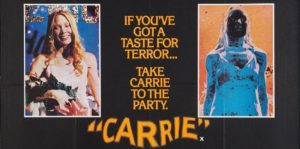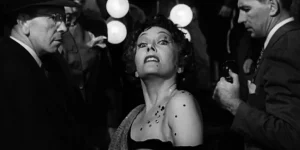FUCKING BOULEVARD
“Nothingness baffles me”
Martin Heidegger
To Julio A. Romero
I don’t remember where, Flaubert noted that he would like to write a book that deals with nothing, and which – I believe – he called in these notes “The Spiral”. I imagine the twists and turns that lead nowhere.
I am not saying that certain books of an “objectivist” style that are repeated ad nauseam, also as always a repeated avant-garde, have not tried to do so. But even in these rubble containers there may always be an unintended note of something poetic.
What today is called cinema, or now “streaming”, has mostly been done with much greater success. Especially when trying to evade the genre. Hence, the few works that are also parallel hopes of many of us, can leave the affirmative starting point of the genres. Thus the terror, the police, the fantastic or all of this together and that can be included in the word and concept of thriller, are the places from which something still related, even tangentially, with cinema and its concept can start.
But surely no longer from melodrama, because now passion does not rule but it is a reactionary feeling.
When you go to nothingness – the prestigious book, the great social issue of progressive bias, the denunciation of something known even by a child, and similar things -, the balance is nil, because it has also started from nothing itself. There is also, and as Marcelo Zapata has well written, devoting oneself to designing a “cult film”.
Also that, these nothingness, can occur in two morbid appendices that are the remake and the dismantling of classic Hollywood. When it had power and later in its self-conscious stage, it achieved a strong affirmation of its principles within the North American territoriality, establishing an accurate and above all operational point of view with respect to the world that necessarily opposed it, the wasp; with its cultural appendages represented by journalism in general and Broadway in particular.
Now it does not have the effective power but it does keep the symbolic capital intact, which is what really counts. Both historically and spiritually.
Cinema has come to an end, because it achieved its goal, the goal that it set itself, it has been trying now, and for decades now, to blow up all the bases on which that power was founded.
In such a way that what could be called the revisionist trend (the opposite of self-consciousness), which gave its first blows already in the sixties of the last century, now draws on the great cybernetic machinery for this new illustration of something as moldy as the black anti Hollywood legend.
This thing called Mank could also be called yellowish with millionaire media. Or vile pamphlet with algorithms. Despite which, it cannot even hide its irredeemable vulgarity. A vulgarity that, like an expressive pandemic, encompasses everything. All spheres. The aesthetic, the ethical, the political, the historical, even the religious.
The pretext is already moldy. That the greatest – but not in talent – of the Mankiewicz brothers wrote all of Citizen Kane, its structure, form and meaning, is already more than proven. Also that the organizer was the scholar and cultural dandy of John Houseman (who was not the wimp that is trying to get out here); one of those fascinating characters that Hollywood owes so much to. And the result of this film is also due to the fact that, in turn, people like Gregg Toland in photography and Bernard Hermann in the score did whatever came to mind. While Welles, who was a vain and sloppy scoundrel at worst, would get all the credit. Because Welles at this point has only two greatness to maintain: the bodily one and the greatness of being one of the greatest swindlers of the last century, lavish as few in such predatory activity.
What would also be foolish at this point is to maintain that beyond the expressive, photographic-acoustic ringorranges of an ancient expressionism by then, that everything that this film narrates is reduced to something more than “money does not grant happiness”; which can be summarized in a simple graffiti; such its banality. Because there is also a banality of good.
Here Mankiewicz Herman J. is one of those misunderstood alcoholic geniuses that American ideological goodness manufactures serially for as long as it can be remembered. That second act, which according to Scott Fitzgerald, does not exist in American life, is rejoiced here with all the pleasure in which cultural pigs indulge. And here they are not even capable of discovering an appetizing truffle with their snouts.
It was precisely Fitzgerald who belatedly and in an unfinished novel (“The Last Tycoon”), recognized the genius of Irving Thalberg who is here succinctly shown as a mere shit.
The so-called Mank apparently fails because he has an enormous talent, but the horrendous Hollywood producers are clumsy Jews eager for loot and blood: here we Catholics did not get screwed over (*), probably because they forgot; a crude joke is enough against the faith in which Marion Davies was brought up. By the way, a great actress; excellent comedian, a woman full of wit and who also helped more than one.
Discovering also at this point that Gary Oldman is a lousy actor, someone who frankly produces aesthetic nausea due to his inability to interpret, is like pushing a door open. Here he is given all the time in the world to repeat his chubby grimaces, his grimaces, babbling and belching, and he is even allowed to vomit; possibly to unwittingly betray the quality of the monologue that has been swallowed up to our ears.
Take this multi-minute monologue danced around Hearst’s festive table at his palace in San Simeon. So what have we got? Camelo, an unintelligible, cacophonic text, full of rubble; and that here too, as for a cheap Macbeth, it means nothing.
Let’s see. Let’s be fair. Between the 15th and 21st eructation one can glimpse something like an attack on the rich and something about Don Quixote, and where it is certain that from now on the ghost of Cervantes will haunt whoever wrote this, and even if he hides in the last corner of the earth.
Or the long walk through the garden in the same mansion with Mank and Marion Davies, where you watch a Himalayan climb of trivialities, a string of gossip more worn than those of Uriah Heep; to all series of anacolutos and deficient information, and all to top it off with an apocryphal Marion yelling to a cage of monkeys “Shut up Mr. Hearst!” Both Fincher should be in a cage and set free the poor primates whose mental coefficient surely surpasses this under-endowed duo.
With these two flowers of evil, if someone has come to bear their vision to this circle of visual misfortune, you can understand the reason for a piece of junk like this Mank.
All stuffed in wide angles and overhead light and very fast cuts to try to hide from the viewer the disaster in which he has embarked. Where, in addition to Oldman’s nullity, an inert half dozen actors and actresses who do not miss a George Cukor stroll -if they knew who he is- but a simple circus Svengali.
Another unbelievably idiotic thing are the dialogues. No longer trivial and lacking in wit, but something much worse. The embarrassment of others when you crudely try to be ingenious to coin replicas and epigrams, and you are clumsier than a scrap metal auctioneer. They want to present Mank as someone ingenious, an Oscar Wilde past of bourbon, and yet more coarse dialogues than those of Gerardo Sofovich or those of a Polka strip are attributed to him.
And all with that attempt to reflect a frivolous, perverse and decadent world, when one has the moral stature of a television-evangelical pastor.
Nota bene. For those who ignore that Hollywood criticized itself and put its own limits on understanding very early, it will be good to know that since the days of What Price Hollywood? (1932), from the first versions of A Star is Born and Stella Dallas (1937) to Sunset Boulevard (1950) and The Bad and the Beautiful (1953), did nothing but do it. Such was the highest degree of its varied power.
* a pearl, surely in the mud, but a pearl at last. When at the end -the most longed-for end- of this gut full of stupidity, George Schaefer, president of the RKO, appears at the Oscar ceremony to withdraw the award. We can limit that this one was Catholic, like so many others of this Jewish-Catholic alliance that made Hollywood; and that he gave us hundreds, thousands of works that do something better, more beautiful and more just, to this world populated by scoundrels like those who excreted this film.
(United States, 2020)
Direction: David Fincher. Script: Jack Fincher. Cast: Gary Oldman, Amanda Seyfried, Lilly Collins, Tom Pelphrey, Arliss Howard, Toby Leonard Moore, Tom Burke, Paul Fox. Production: Ceán Chaffin, Eric Roth, Douglas Urbanski. Lenght: 131 minutes.

